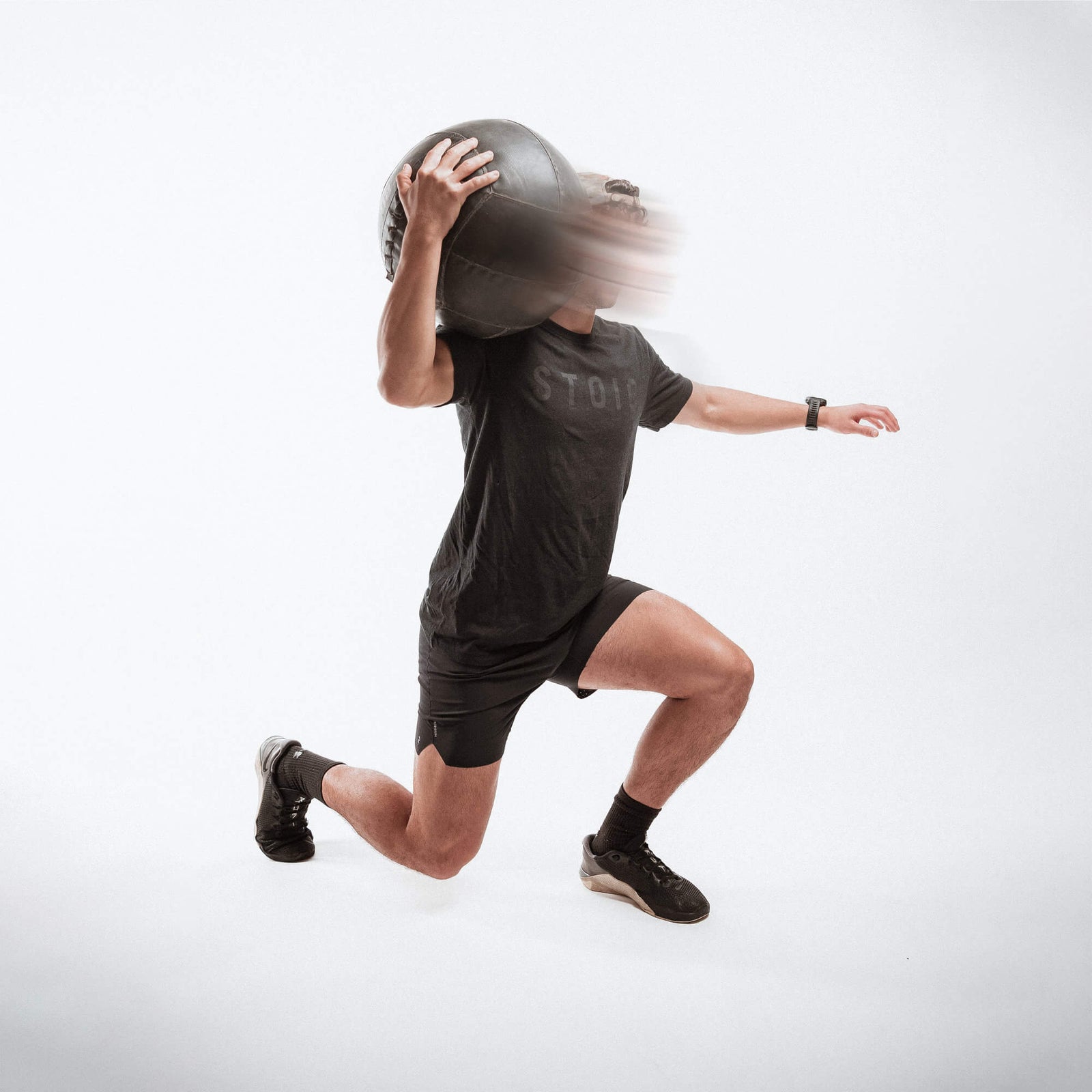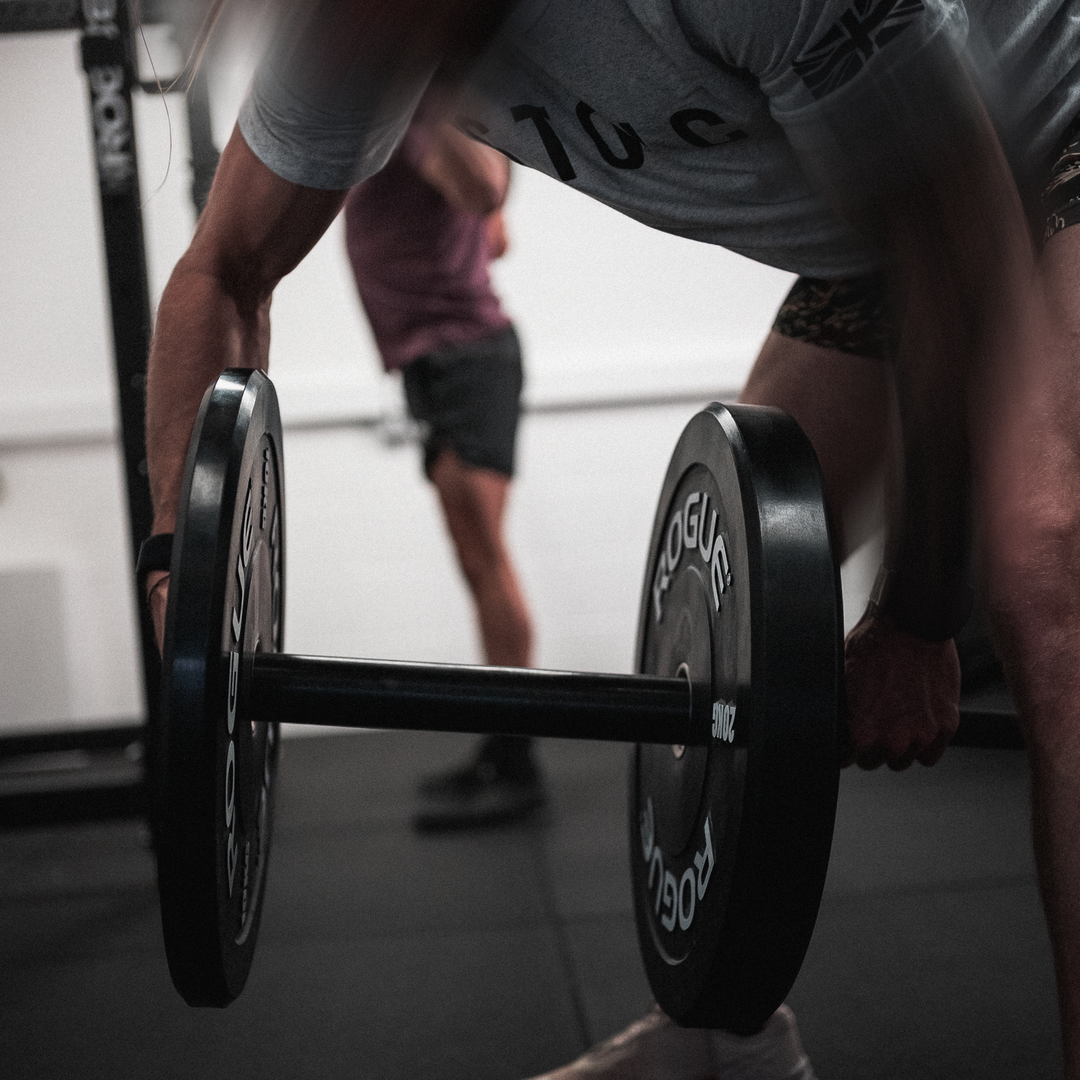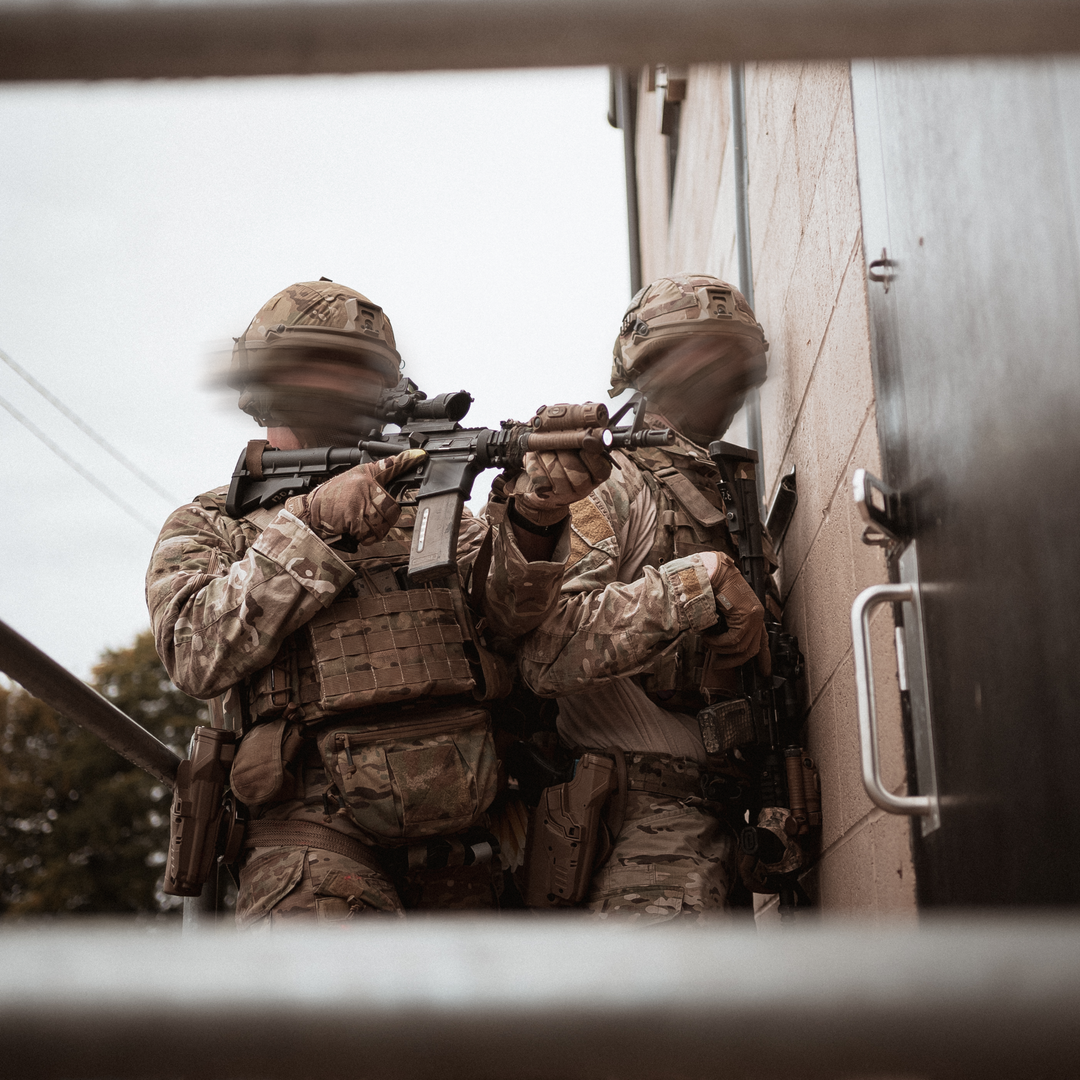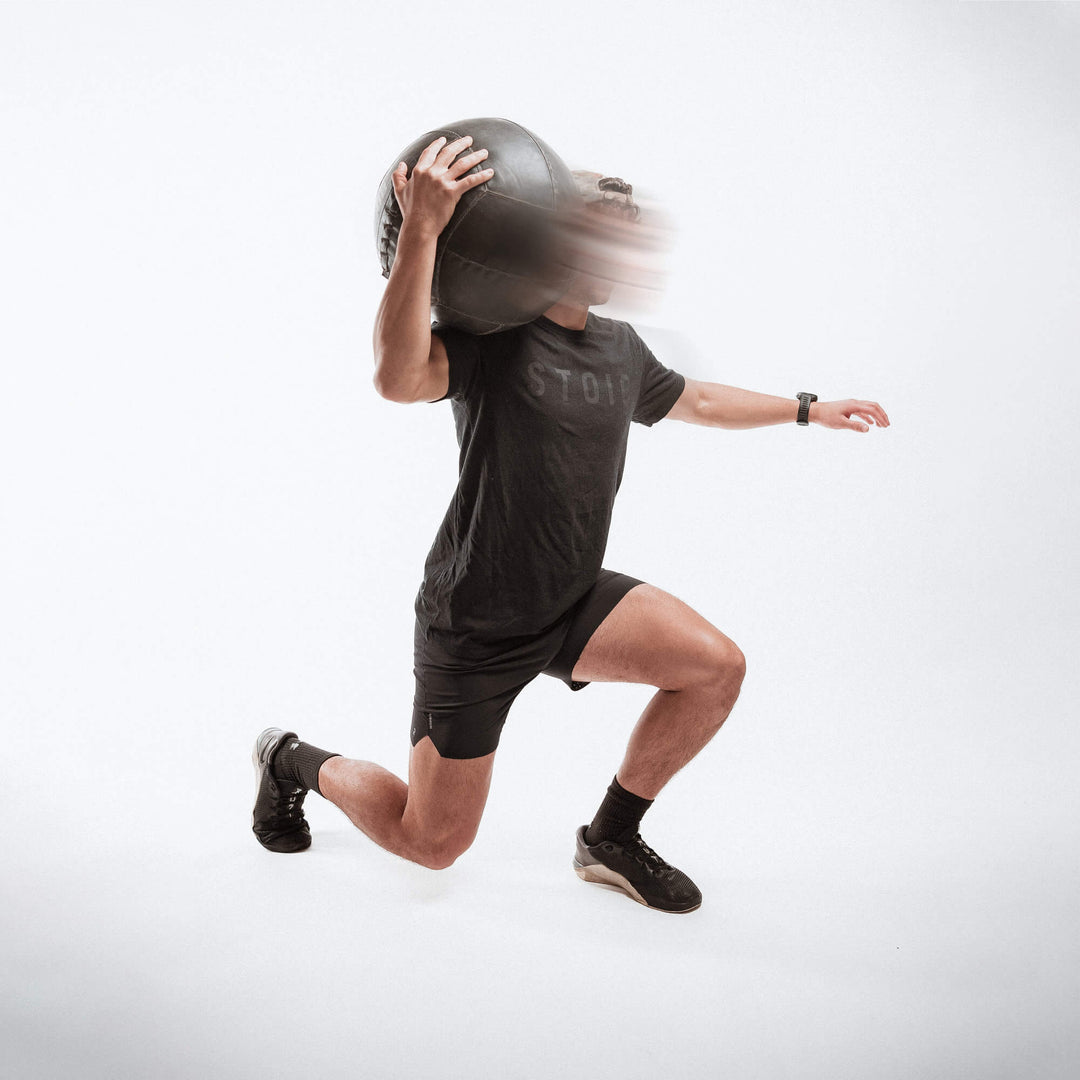PRODUCTIVE FAILURES

By Christine Sanchez, PhD, CMPC, BCB
What is the mindset of an elite Operator or Soldier?
Elite performers choose to approach training and daily life with a Growth Mindset (Dweck, 2007). To read our previous article on Growth Mindset for Operators and Soldiers click here.
Specifically, they:
- Seek opportunities to challenge their skills and abilities
- Deliberately step outside of their comfort zone daily by trying new tactics or practising an old skill in a different way
- Embrace failure as part of the learning process, rather than something to avoid
- Celebrate the success of others because it inspires and motivates them to work harder
- Develop a sense of purpose that guides their training
- Approach feedback and setbacks with curiosity, rather than defensiveness
Elite tactical performances require a growth mindset and deliberate practice (high quality reps and focused effort on a specific task). This mindset focused article introduces the Productive Failure Routine, a performance tool facilitating moving forward from poor performances by learning from mistakes and directing focus.
We will build off of the previously discussed 3R’s (Recognise, Reset, Refocus) performance tool to provide you with a strategy for enhancing self-reflection and maintaining a growth mindset in high-speed learning and OPTEMPO environments.
If you struggle with rebounding from poor house performances, rapidly acquiring new tactical skills, applying feedback, or mentoring direct reports then this performance tool is your growth mindset ticket.

When is the best time to implement the Productive Failure routine?
- After receiving feedback on a performance (i.e., house run, jump, physical readiness test, job interview, etc.) to maximise your growth mindset and reduce training scars. This may be a quick mental self-reflection, or you can jot down notes in a notepad for later reference. (Note: Training scars are bad or ineffective habits that we may acquire in training for safety or convenience, but could be deadly in combat (Ellifritz, 2020).
- At the end of a training day as a self-reflection exercise. Create a performance log in a journal or notebook where you can track your progress and see trends across time.

Christine Sanchez, PhD, CMPC, BCB
Mental Performance Consultant
Dr. Christine Sanchez provides mental skills training and executive coaching to elite performers. She has over 16 years of experience working within a variety of performance domains, such as US Special Operations, first responders, professional sport, and executive leaders. Dr. Sanchez is best known for her work integrating biofeedback training with performance under pressure and recovery optimization. She earned her PhD in Sport and Performance Psychology from Florida State University, and currently holds the following certifications: Board Certified in Biofeedback, Certified Mental Performance Consultant, and Certified Breathing Behavioural Analyst.
References:
Dweck, C.S. (2007). Mindset: The new psychology of success. New York: Random House
Ellifritz, G. (2020, April 11). Training Scars. Active Response Training. http://www.activeresponsetraining.net/training-scars.




